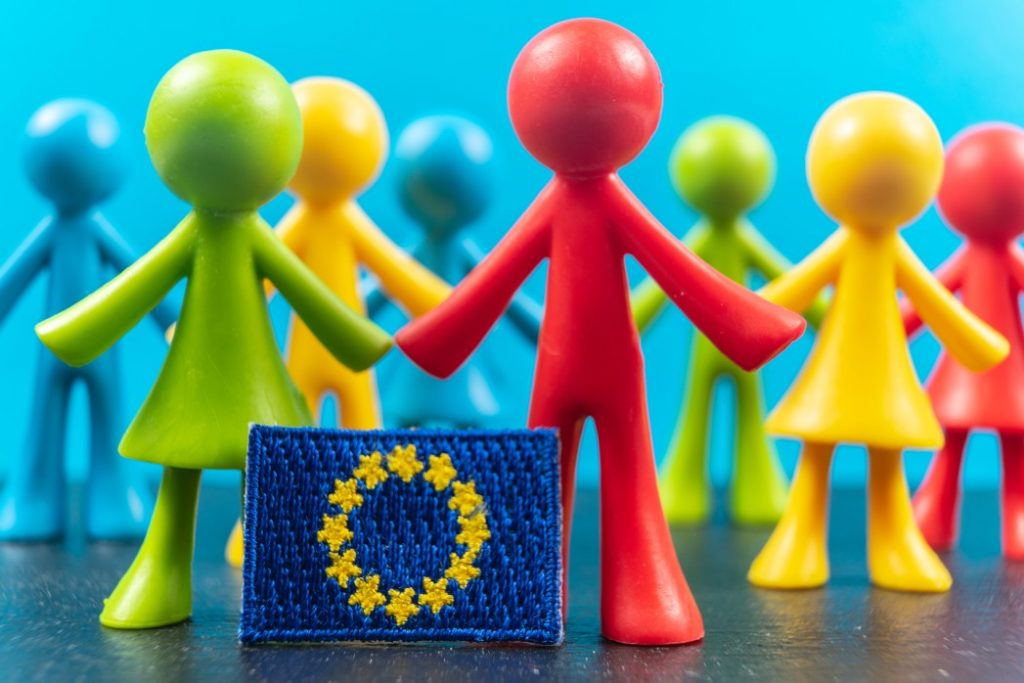What impact might they have on the UK economy?
Despite making a lot of noise about securing British borders, the UK government doesn’t actually do all that much counting of people entering and leaving the country. Data on things like immigration and emigration are therefore based on estimates. Pre-Brexit, this was particularly true for EU citizens entering and leaving the UK, because freedom of movement meant they didn’t have to apply for visas or other types of paperwork that could be used to tally up their numbers.
Post-Brexit, that changed. Non-Irish EU nationals who wanted to keep living and working in the UK were required to apply for something called ‘settled status’. The total number of these applications was 5.6 million. That's when the UK government realised it had about two million more of these people than it had thought. (Some think the actual number is even higher, because of confusion over things like having to apply on behalf of your kids.)
From an economic perspective, these migrants are likely to be a boon for the country. As a group they are much younger than the British population: just 2 percent of them are over 65, compared to 19 percent of Brits. Younger adults tend to put more money into the economy than they take out, because they are more likely to be workers, pay more tax on average, and use up fewer government resources like pensions and healthcare. On top of their economically advantageous age range, EU migrants are also overrepresented as employees in industries that Britons particularly rely on, like the NHS and food production.
The social perspective, however, is a little more muddled, because British attitudes towards immigration can be varied, complicated, and sometimes contradictory. Many Brits appreciate the variety of ideas, languages, foods and other cultural components that immigrants bring with them when they move in. But many others have at least some negative feelings about immigration. These include beliefs that immigrants will take up resources - such as jobs or welfare benefits - that should go to locals.
However, there is some evidence that anti-immigration attitudes have softened in the last few years. There are a few reasons this could be. Brexit may have reassured Brits that migration will be limited. The pandemic and the memory of empty supermarket shelves may have made many more appreciative of foreign-born healthcare and food production workers. Alternatively, the scale and significance of the events of 2020/1 may have simply pushed immigration down people’s lists of concerns.
Read our explainer on: immigration

